8BiTw0LF
Consoomer
Respawn opens third studio to keep Apex Legends going for '10 to 15 years'
Call of Duty veteran Ryan Burnett to lead new studio in Madison, Wisconsin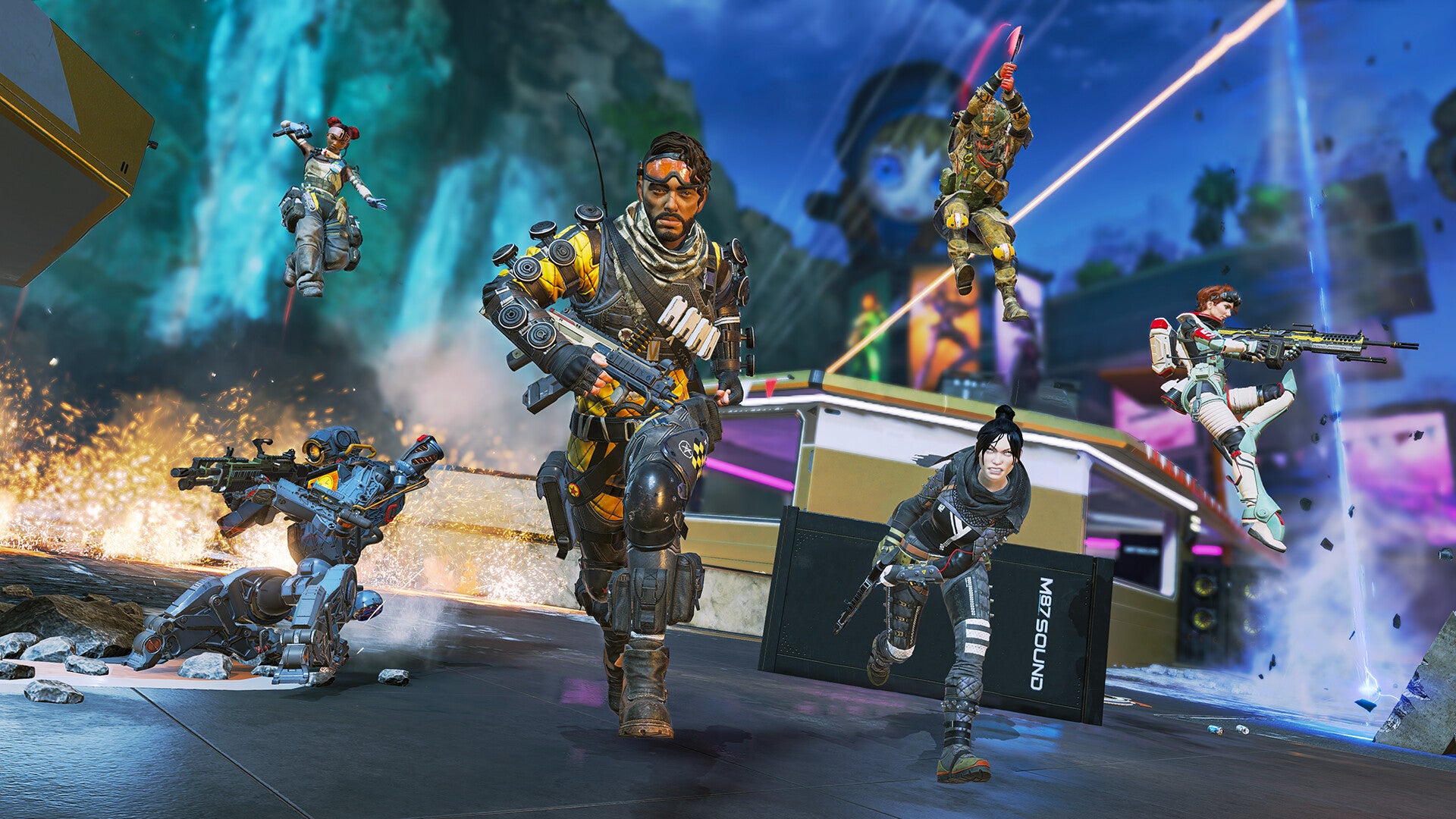
The ongoing popularity of Apex Legends has caused Respawn to open its third studio, the company has announced.
Originally founded by former Call of Duty developers and debuting with military sci-fi shooter Titanfall in 2014, later working on the Star Wars Jedi series, Respawn is best known for Apex Legends, a battle royale that began life as a spin-off of Titanfall.
While the studio continues to gain attention with its upcoming Star Wars game – Jedi Survivor – it's Apex Legends that's driving the growth, and it's that game that has prompted the firm's new branch in Madison, Wisconsin.
While the latest studio may contribute to other Respawn products in future, the initial focus will be to support Apex Legends.
"Producing content on the scale and pace Apex requires is no easy feat," says Greg Wilson, Respawn vice president and general manager of the Apex franchise. "So we are always working to bring in more talent, more experience, more ideas, more capabilities.."
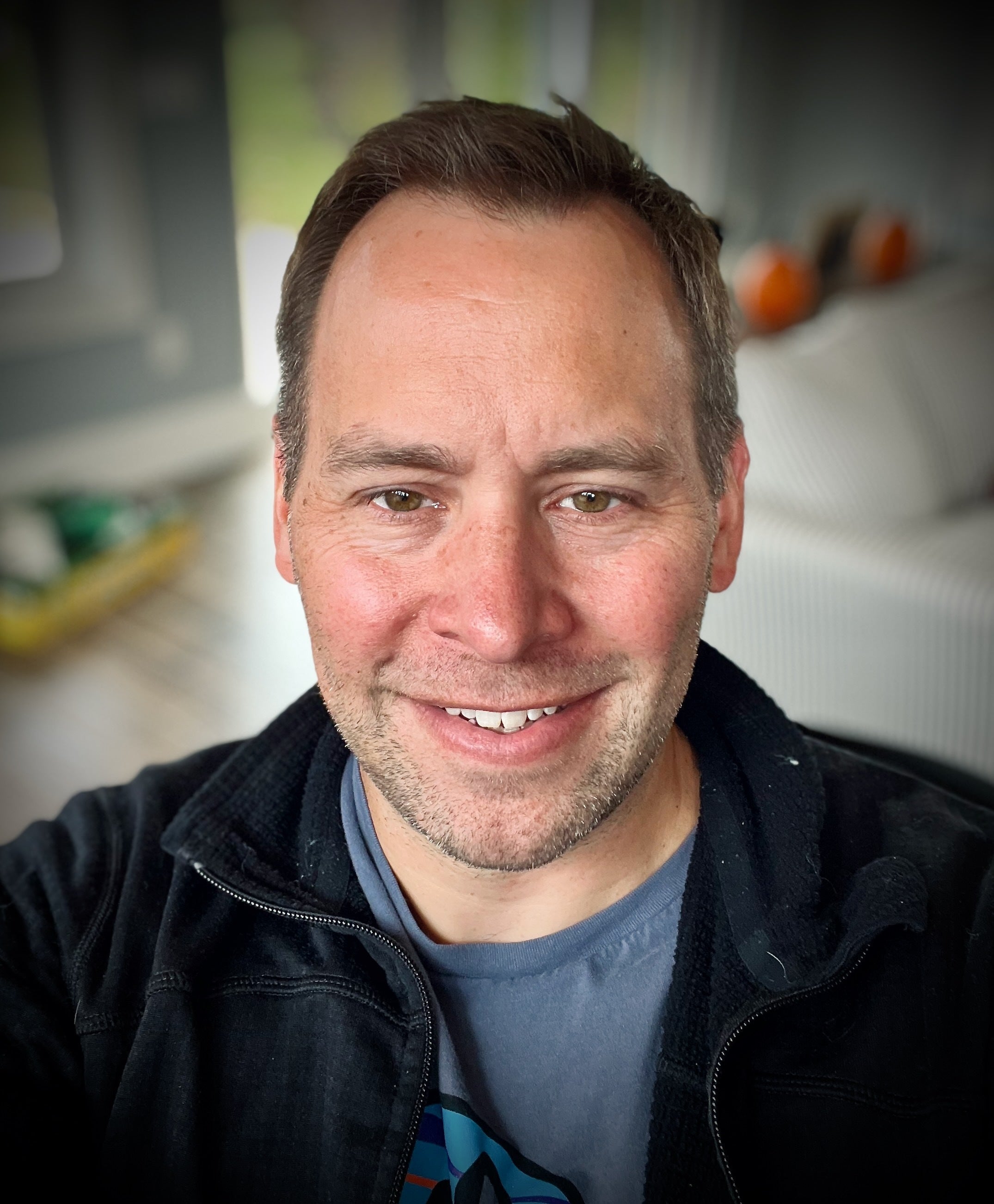
Ryan Burnett, Respawn Wisconsin
To lead the new team, Respawn has hired Ryan Burnett as studio director for Wisconsin. Prior to his previous position at Epic Games as director of engine production, Burnett spent 14 years at Call of Duty studio Raven Software – just one of the major studios based in the area.
"Wisconsin is quickly becoming a central development hub here," he says. "I've been here a long time working on FPS games, so we think there's a really good hotbed of talent here we can pull from."
He continues: "When I look at the Apex franchise, I think it's one of the best out there. The gameplay, the movement and the gunplay are nothing like anything else out there. We're best in class when you look at other battle royale competitors in terms of movement and gameplay. The other thing we do really well is there's a deep story, lore and history with all the Legends we have.
"When I was looking at this, I saw nothing but opportunity and growth and that excited me. And given my past experience, I felt I could come in and build a team that has a strong impact on this franchise and really helps it grow in the future."
The official announcement describes Respawn Wisconsin as being dedicated to the live services development of Apex Legends, but Burnett is quick to stress that his branch is not some remote live ops department – it's an expansion of the core Apex development team, working hand-in-hand with the studios in Los Angeles and Vancouver. He also says it's essential to helping the company maintain its cadence of a new Apex Legends season every 90 days.
The game's director Steven Ferreira adds: "Building the live service of Apex is a constant cycle of trying new things and experimenting, and that's what Wisconsin is going to give us – that capacity to do more of that, pushing into new area like Legend classes and trying to do things we haven't done before.
"There's two kinds of key pieces there: one is obviously the capacity part of it and helping us to build up our team structure to do that, but the other is new perspectives and ideas. Folks with different experiences and different backgrounds are something we're always looking at."
Wilson adds that this growth for the studio has precedence, pointing to the opening of its second studio in 2019.
"When the mostly Los Angeles-based team that launched Apex needed to grow, we looked to Vancouver," he explains. "And we didn't just hire some people in Vancouver, we built a studio presence and that's been wildly successful for us. That was such an important growth vector for the franchise, so we're chasing that success again now in Wisconsin."
Ferreira reflects on the run-up to opening the Vancouver studio; back then, the company's structure was originally envisaged in a more traditional way, with separate teams in different locations, working towards similar goals but operating independently. In the wake of opening Respawn Vancouver – and aided by the work-from-home measures necessitated by the COVID-19 pandemic – Respawn found it was able to operate the geographically disparate teams as one."We believe in Apex as a franchise that's going to be around for 10, 15 years or more and we're excited to make that happen"
Steven Ferreira, Respawn
In fact, Ferreira notes that more seasons of Apex Legends have been developed and released remotely than by teams primarily operating out of Respawn's physical locations.
"It was a natural progression and very quickly happened," he says. "The teams came together as one and we found we were much more efficient and the quality of our output increased. That's one of the things we're looking at with Wisconsin; even though it's a separate location, it's an extension of the Apex Legends team. They're not working on a different version of the game, we're all working towards the same goals with the same vision."
Burnett adds: "Steve and I talk on a daily basis multiple times a day. It's really a case of the best ideas coming from anywhere and when you bring together the best talent, they can come up with those ideas and work together on them. It's really important that there's a lot of collaboration and communication here, and those are skillsets that we've learned."
The opening of a third studio follows some less optimistic headlines regarding Apex Legends from earlier this year; firstly, that the mobile edition of the battle royale will be shutting down, and secondly, that Respawn parent Electronic Arts had laid off 200 QA contractors dedicated to the game.
When asked about the impact of those layoffs, which were at EA's separate Baton Rouge department, and its relation to the Wisconsin opening, an EA spokesperson did not fully address the situation. Instead, they simply stated that the company is focused on "how we can scale development across all of the Apex Legends teams to serve our global player base."
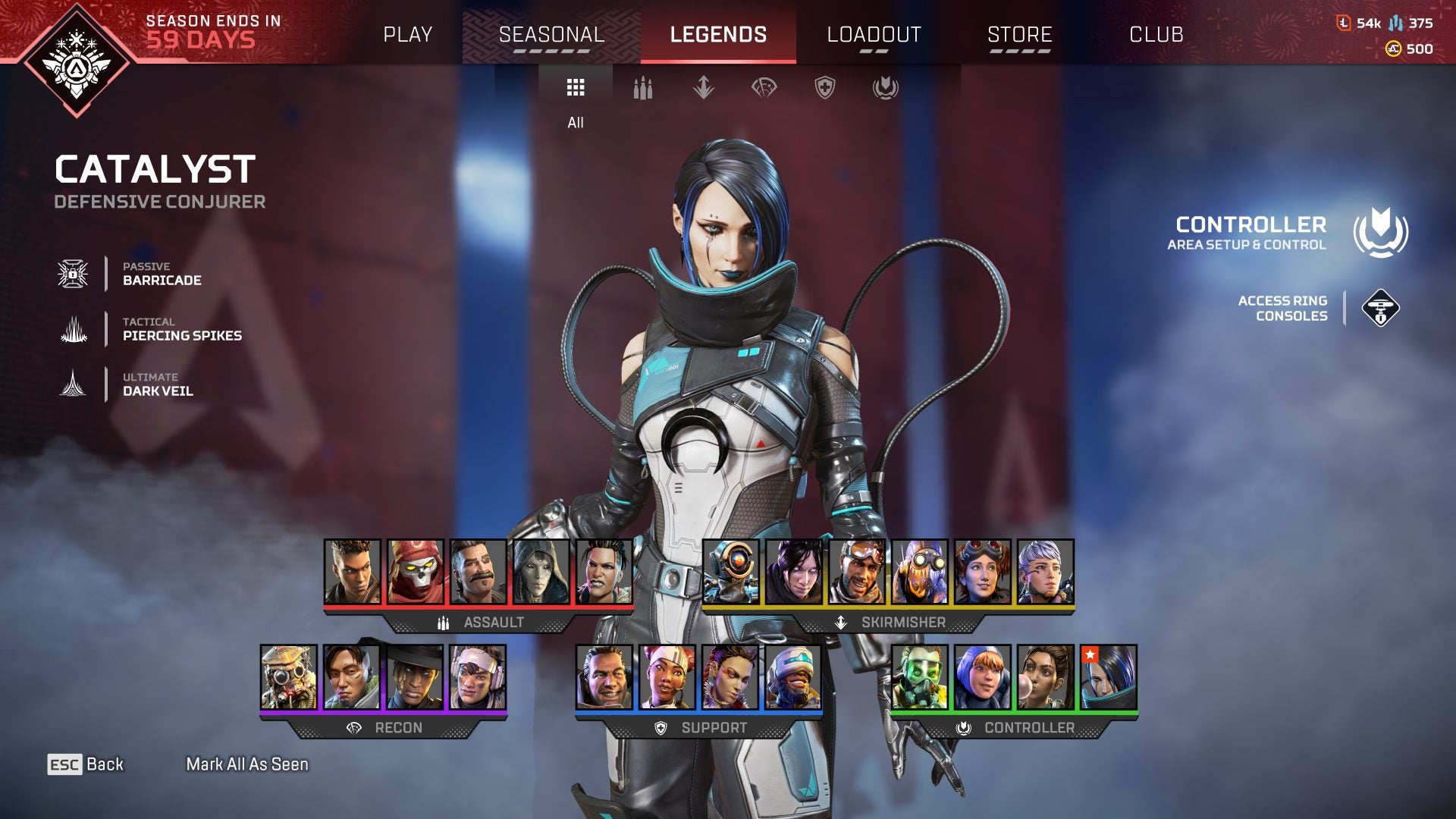
New characters can take over a year to design and develop, but Respawn is keen to dedicate that time to ensure no new entry is rushed
Meanwhile, Wilson more directly answered our query about the fate of the mobile version.
"We're incredibly proud of the game we made," he says. "My view is that it was an outstanding mobile game, and one of the best mobile shooters ever made.
"There are so many plates that have to spin to keep a live service game running, and running well, as well as continuing to feed great content to players. The pace of consumption is so fast, and the bar for success is so high, that we weren't able to keep that one going at the level of quality that we expect, that our players deserve. So that one got wrapped up.
"We're in a very different position with our core battle royale game on PC and consoles. Adding resource helps us continue to feed that beast, to keep players engaged, to keep evolving and improving the game, and we're on a very good path on that one."
Daniel Suarez, senior vice president of operations at Respawn, also clarifies that while new content is added to the game every 90 days, the development times can vary greatly. Some additions take 180 days, 360 days or even longer, he says.
"This allows us to take long-lead bets," he says. "We have more resources to actually go, 'Okay, let's experiment on these areas' and really identify what sort of bets we want to make to create the best content possible."
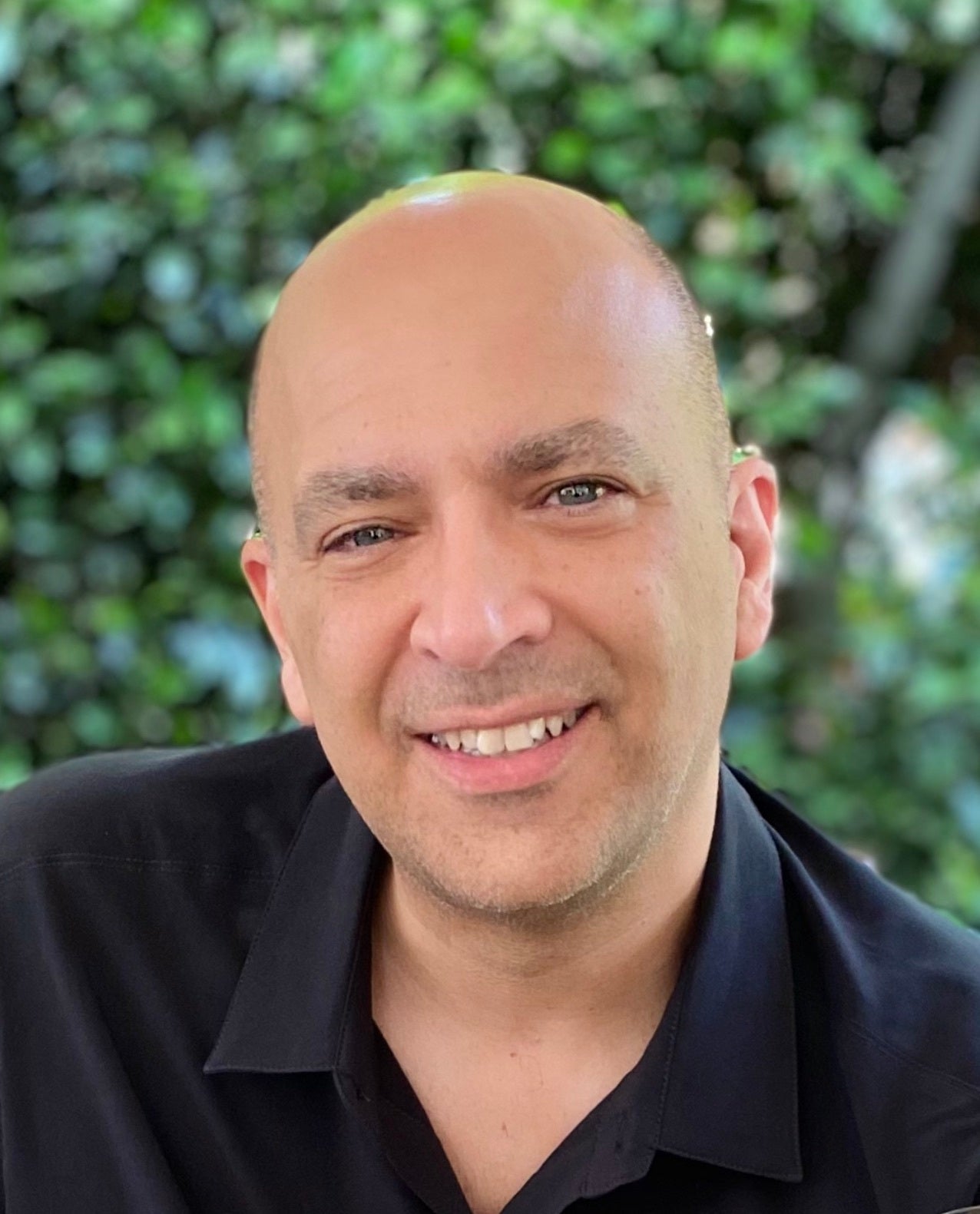
Daniel Suarez, Respawn Entertainment
Comments about taking the time to develop new content bring to mind the words of Respawn co-founder and CEO Vince Zampella. When Apex Legends first blasted onto the scene, he said the studio would prioritise quality of life for its team over producing more content more quickly. Apex Legends has long since settled into its 90-day rhythm, and Ferreira says concerns about avoiding crunch remain as high a priority as ever.
"There are some things we work on that take more than two years to get from beginning to end in the game," he says. "For example, a Legend takes us about a year to a year and a half to get into the game. So we're working on things well in advance.
"Team health is absolutely a top priority for us because we're in this for the long haul. We believe in Apex as a franchise that's going to be around for 10, 15 years or more and we're excited to make that happen. In order to do that, we can't just put everything all upfront, burn ourselves out and not be ready to do that in the long haul."
He points to the current sixteenth season of Apex Legends, which contains content the studio was "holding onto for a long time," ensuring they were of the right quality and matched the needs expressed by player feedback before adding them in.
"Making sure we ship the right content is much more important than just shipping more content. If we could, I'd be shipping a ton more stuff all the time, but we have realities of what we can get done, and at the end of the day, the 'what' and the 'why' is much more important than 'how much'."
Wilson adds that Respawn has "developed some secret sauce" over the years that alleviate the pressures of running a live service game, adding: "We're not perfect at it, but we're refining and getting better and better. One of the really important things we can do is make sure we have appropriately sized teams and the right level of talent and ability. That's one of the key reasons we're building [the Wisconsin studio], to keep everybody appropriately paced while also keeping players happy."
And should Apex Legends continue to grow, is it likely we'll see Respawn starting yet another studio? Suarez says if the need arises and an appropriate talent pool is identified, it's certainly a possibility.
"If we find an opportunity, a place where there's really strong, creative talent that we feel is of benefit to the studio, we will look at those and where they might best fit with our long-term goals," he says.
"But right now, the sole focus is on establishing Wisconsin. We spent a good long time on Vancouver, ensuring they were resourced and supported properly. We worked through any challenges and overcame them, and now that that's put the franchise in a great situation, it was time to go, 'Okay, what's our next opportunity?' – and that's where Wisconsin came in."
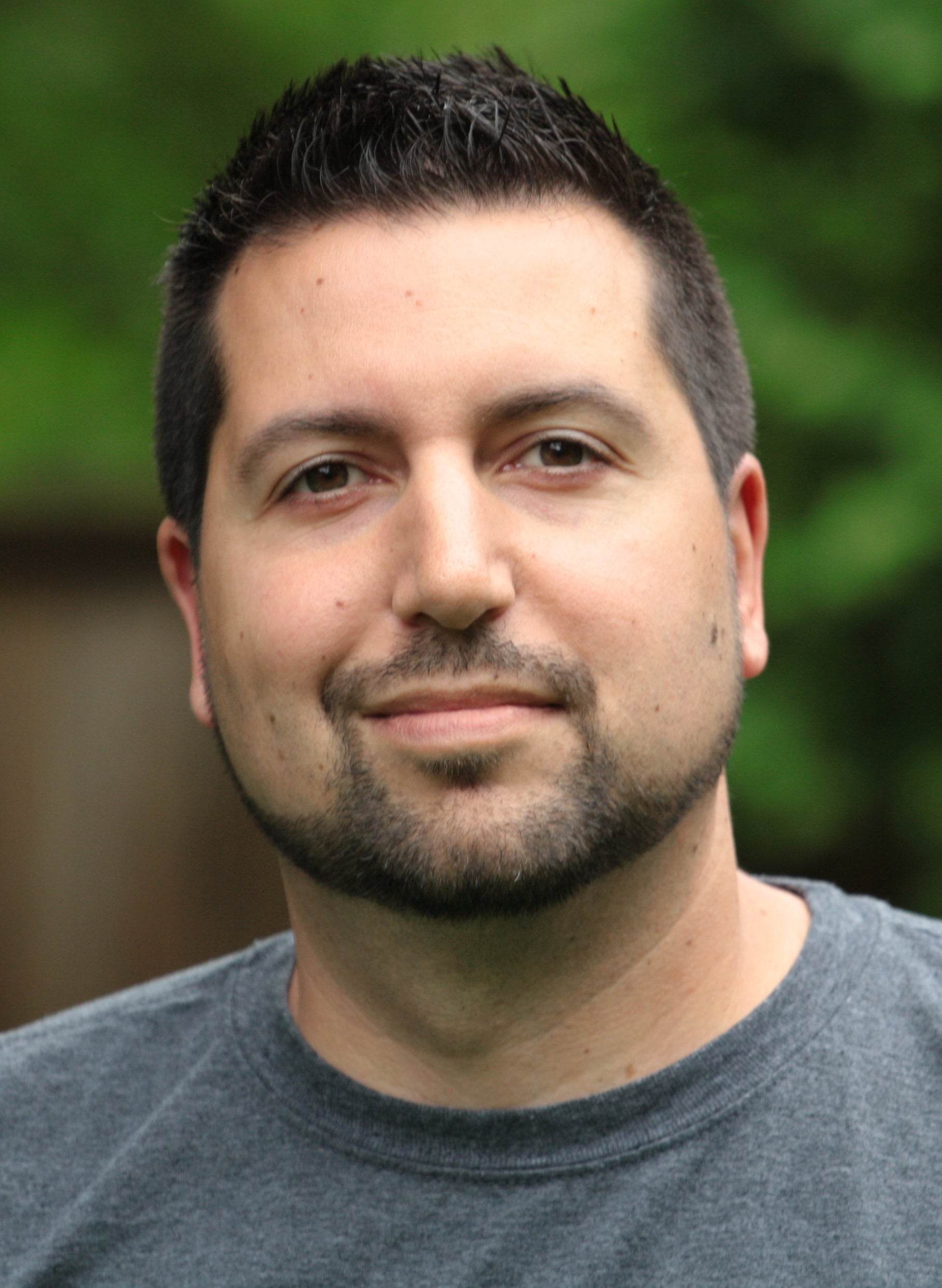
Steven Ferreira, Respawn Entertainment
As for the future of the game itself, Ferreira says Apex Legends is "at an interesting point." Four years in, the game has matured in many respects but it also means the nature of playing it has changed greatly.
"For example, the game has gotten a lot harder and it's become a lot more difficult for new players to join into the community," Ferreira explains. "But we still have a ton of new players every season, so one of the big pushes that we're looking at is accessibility."
He points to Season 16's new Mixtape mode, which offers a rotating playlist of previous limited-time modes, as well as the game's firing range so new players can become accustomed to the controls and weapons without the fear of imminent death from experienced veterans. The team has also revamped its first-time player experience, added bots and found other ways to ease new people into Apex Legends.
"But at its core, it is a competitive game and we love that," Ferreira continues. "So even though it has become more difficult as a new player to join, building out that competitive ecosystem of where you can really test your skills as an Apex player is something we're going to continue to expand on and unfold.
"Beyond that, I can't share too much here, but finding more ways for players to play Apex the way they want and have more options is another area you're going to see unfold over the coming seasons. We also have some big ideas for Apex as a franchise, I think it's so strong at its core that it has a lot of possibilities for where we can take the experience, but now we're looking so far ahead that I can't share any details."
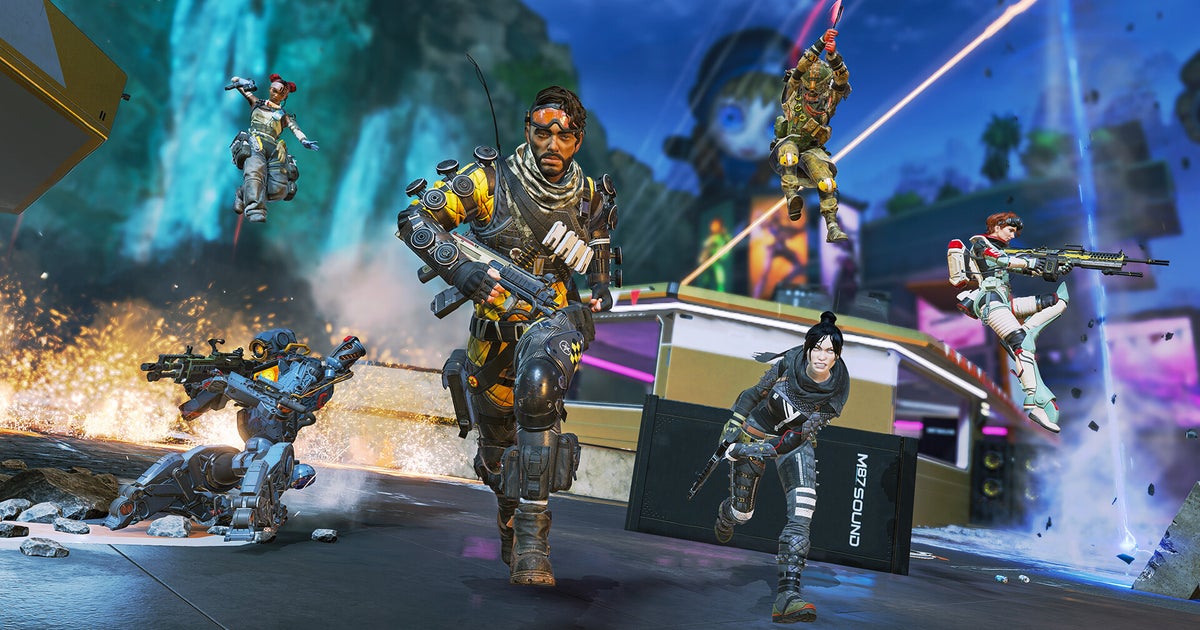
Respawn opens third studio to keep Apex Legends going for '10 to 15 years'
The ongoing popularity of Apex Legends has caused Respawn to open its third studio, the company has announced.



